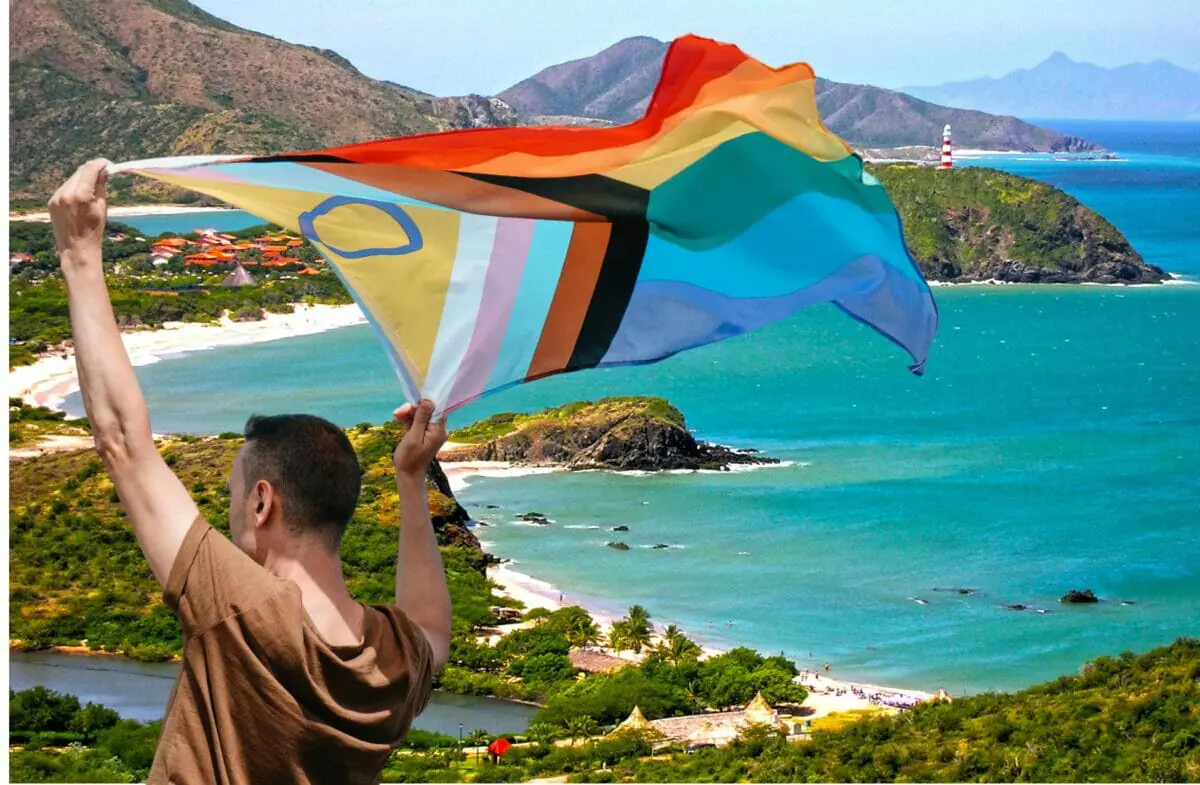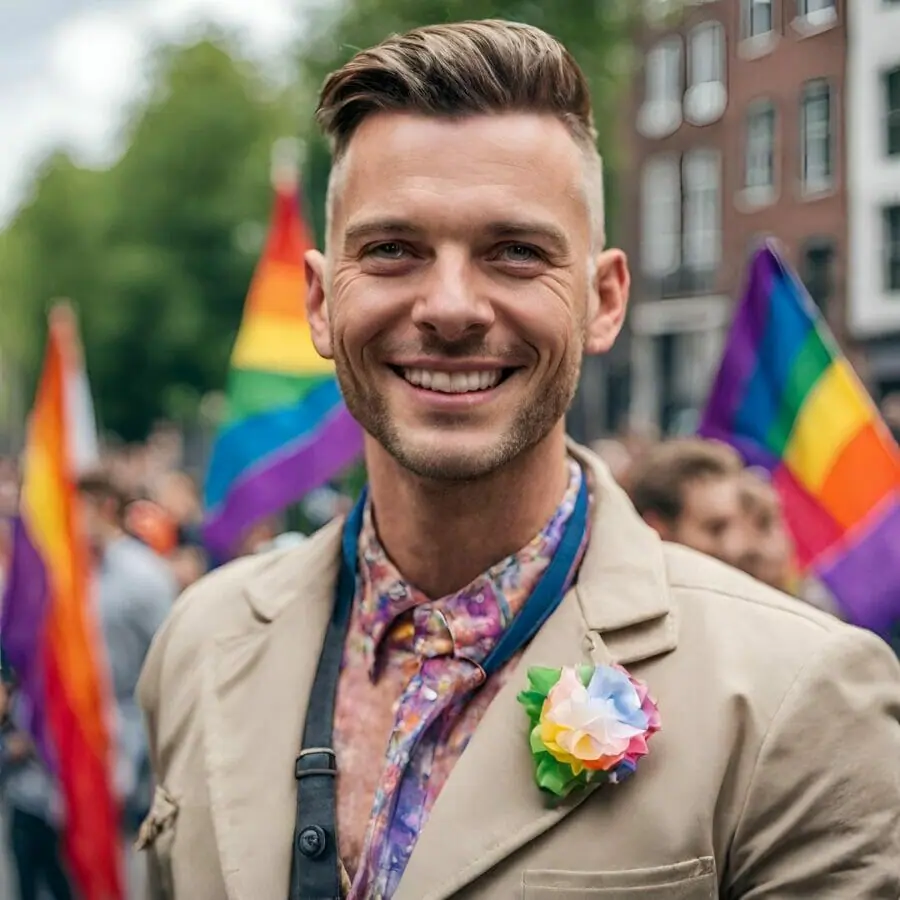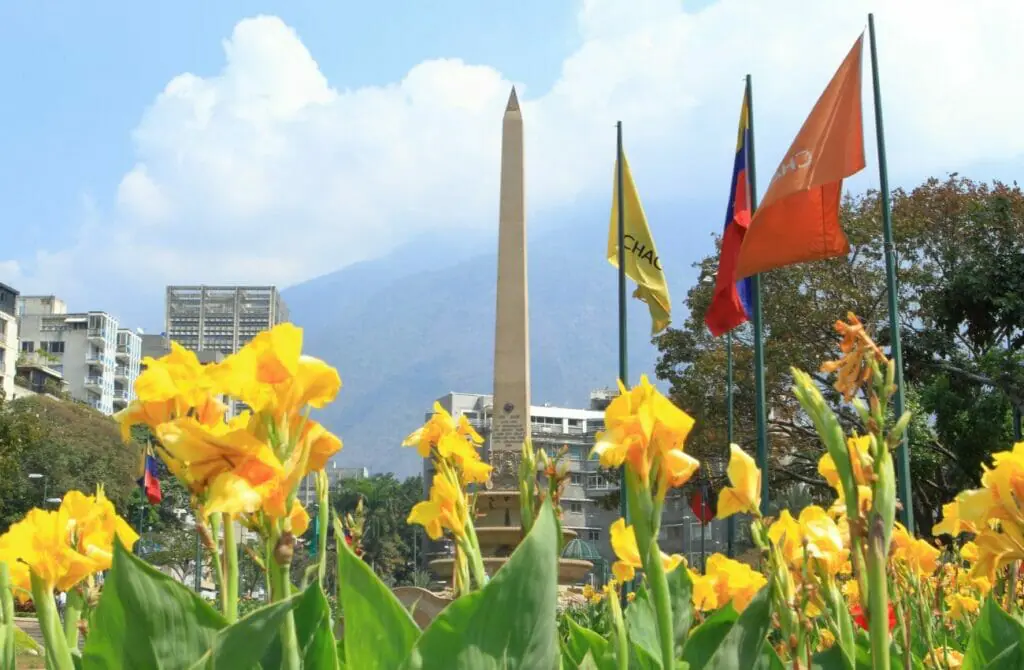Venezuela, a country of unparalleled natural beauty, juxtaposes the vibrancy of its landscapes with a tumultuous political and social scene. For the audacious LGBTQ+ traveler, Gay Venezuela offers a unique blend of sultry nightlife, rich cultural experiences, and the whispers of histories intertwined with the indomitable spirit of its queer community.
From the cascading majesty of Angel Falls to the bustling avenues of Caracas, Venezuela is a land that pulses with life, music, and passion. The rhythms of salsa and merengue reverberate through the streets, beckoning travelers to indulge in a dance that captures the essence of this multifaceted nation.
However, while the allure of Gay Venezuela is undeniable, the tapestry of its sociopolitical framework cannot be ignored. Being queer in Venezuela is a dance of its own, balancing between expressing one’s authentic self and navigating a society deeply rooted in traditional values.
While homosexuality is legal, and Caracas, the capital, boasts a somewhat open LGBTQ+ nightlife, discrimination and violence remain tangible threats, particularly outside the urbanized areas. Reports of hate crimes, though not ubiquitous, serve as a stern reminder of the underlying tensions.
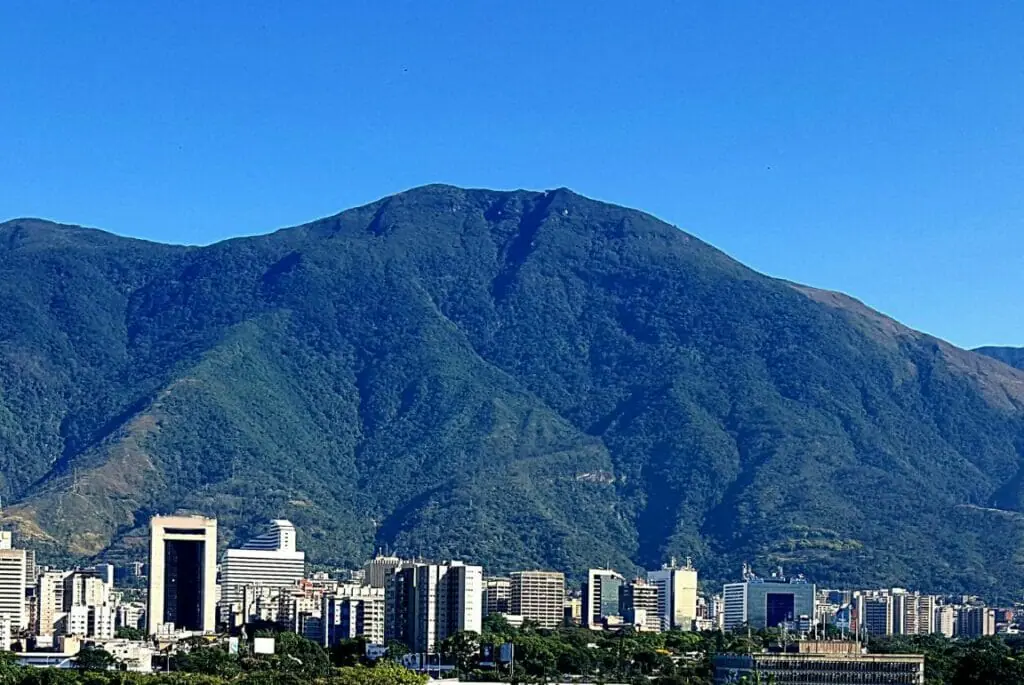
Understanding the lived experiences of Venezuela’s queer citizens presents a stark picture. Many seek refuge in the urban landscapes where anonymity offers a semblance of protection.
Still, in the smaller towns, the whispers and the glances weigh heavily on those who dare to defy societal norms. The struggles of the local LGBTQ+ community are further exacerbated by the country’s ongoing economic crisis, making life for many a daily act of resilience.
Traveling through Gay Venezuela can be an enlightening experience for those keen to immerse themselves in culture at the crossroads of change. Our belief remains unwavering: being queer should never be a hindrance to exploring the world.
Travel is essential, not just for personal enrichment but also as a tool to foster understanding and pride across borders. Yet, we cannot overemphasize the need for caution. If you’re a traveler unwilling to hide certain aspects of yourself or adapt your behavior to ensure your safety, Gay Venezuela might not be the right destination for you.
To conclude, Gay Venezuela beckons with its myriad offerings, but the journey demands respect, awareness, and discretion. Venture forth with open eyes and an empathetic heart, celebrating the spirit of the local LGBTQ+ community while ensuring your own safety and well-being. Travel wisely, and may your journey be filled with insights and cherished memories.
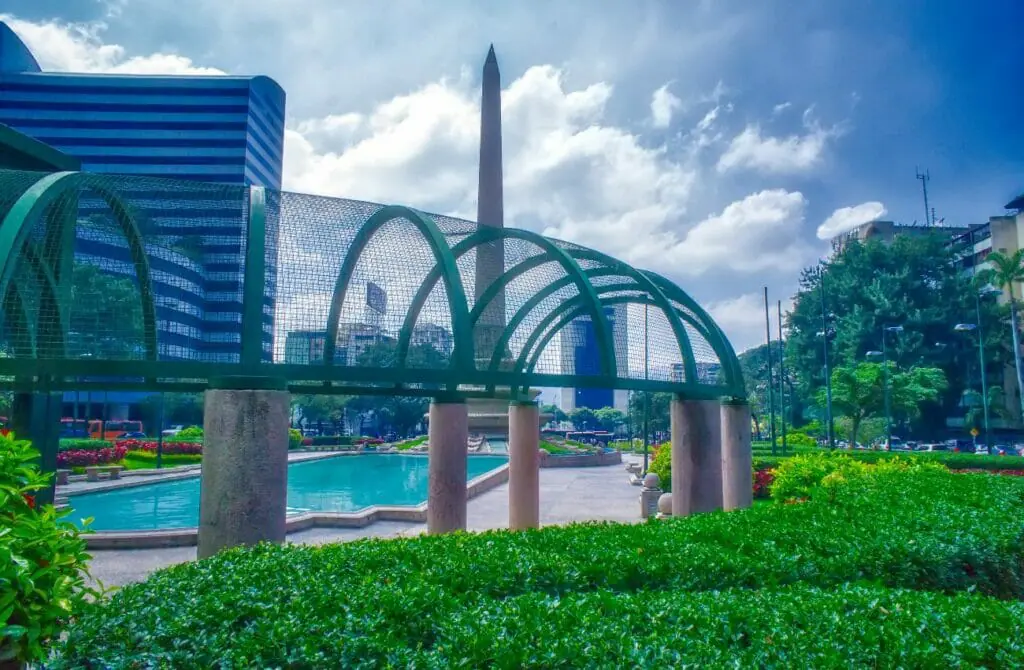

History Of LGBT Rights In Venezuela
Venezuela’s journey towards LGBTQ+ rights has been a slow and challenging process. The constitution of the country, adopted in 1999, defines marriage as a union between a man and a woman, thereby banning same-sex marriages. However, there have been some notable moments pointing towards progress in recent years.
In May 2020, the National Assembly acknowledged the unique impact of Venezuela’s humanitarian crisis on the LGBTQ+ community for the first time. This was done in recognition of the fact that members of the LGBTQ+ community are disproportionately affected by healthcare access issues. It was a powerful symbolic gesture, conveying an enthusiasm for increased progress and inclusivity in the future.
The situation regarding LGBTQ+ rights is always evolving and not just in Venezuela. Travelers and local people alike should remain vigilant and aware of the ever-changing landscape. To protect oneself and stay informed, it is essential to research accurate, up-to-date information before traveling. Laws and social attitudes can differ from place to place, so thorough research and caution are critical.
Despite the ongoing challenges faced by the LGBTQ+ community, there are advocacy groups, both locally and internationally, that are working hard to improve the situation.
Connecting with these groups can provide valuable information, additional resources, and protection if necessary. By joining forces with like-minded individuals and allies, the struggle for equal rights can progress more quickly and secure lasting change for all.
In conclusion, while the road to LGBTQ+ equality in Venezuela has been slow, there are positive strides in the country, signaling that the future is brighter. Both residents and tourists should stay informed, engaged, and connected with relevant advocacy groups to ensure they can navigate the ever-evolving landscape of LGBT rights in Venezuela safely and respectfully.
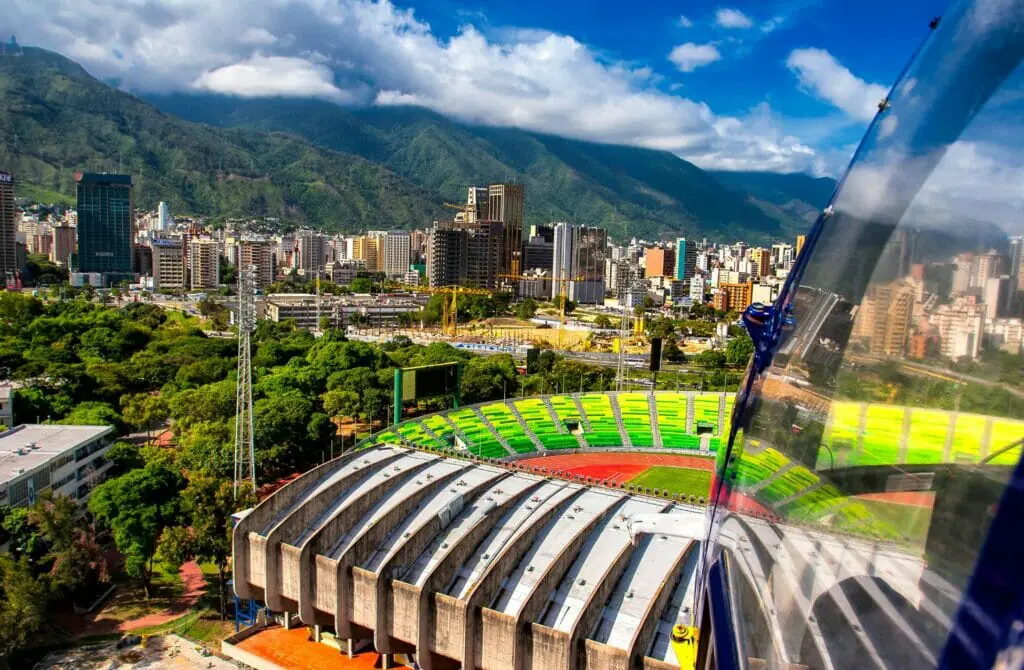
The LGBT Legal Situation In Venezuela
Venezuela is facing challenges when it comes to LGBT rights. Although homosexuality is legal in the country, same-sex couples and households headed by same-sex couples do not receive the same legal protections as opposite-sex married couples. Furthermore, same-sex marriage and de facto unions have been constitutionally banned since 1999.
In recent years, there has been some progress in terms of anti-discrimination laws, but this is limited to certain contexts, such as employment and does not encompass the full spectrum of rights and protections for the LGBT community. With the absence of comprehensive civil legislation, LGBT rights remain a point of concern for both local individuals and tourists visiting the country.
For tourists looking to visit Venezuela, it’s crucial to remain vigilant and exercise caution. Keep in mind that situations can change rapidly, and information might be outdated. Always seek updated advice before traveling, and network with local LGBT advocacy groups to understand the current environment more accurately.
A few steps travelers can take to protect themselves include staying informed about the latest developments on LGBT rights in Venezuela, respecting local customs and values, and researching safe spaces and welcoming resources online or through word of mouth.
Connect with organizations like the Inter-American Commission on Human Rights (IACHR), which have expressed concern for the rights of the LGBT community in Venezuela and are working to improve the situation. By networking with these organizations, you can better understand the local context and find information on any safety measures that might be needed during your visit.
In conclusion, the legal situation for LGBT rights in Venezuela is far from ideal, and progress is needed to guarantee equal treatment for all community members. With excitement for the potential improvements in the country, we encourage both tourists and locals to stay informed, exercise caution, and reach out to advocacy groups focused on promoting and protecting LGBT rights within Venezuela.
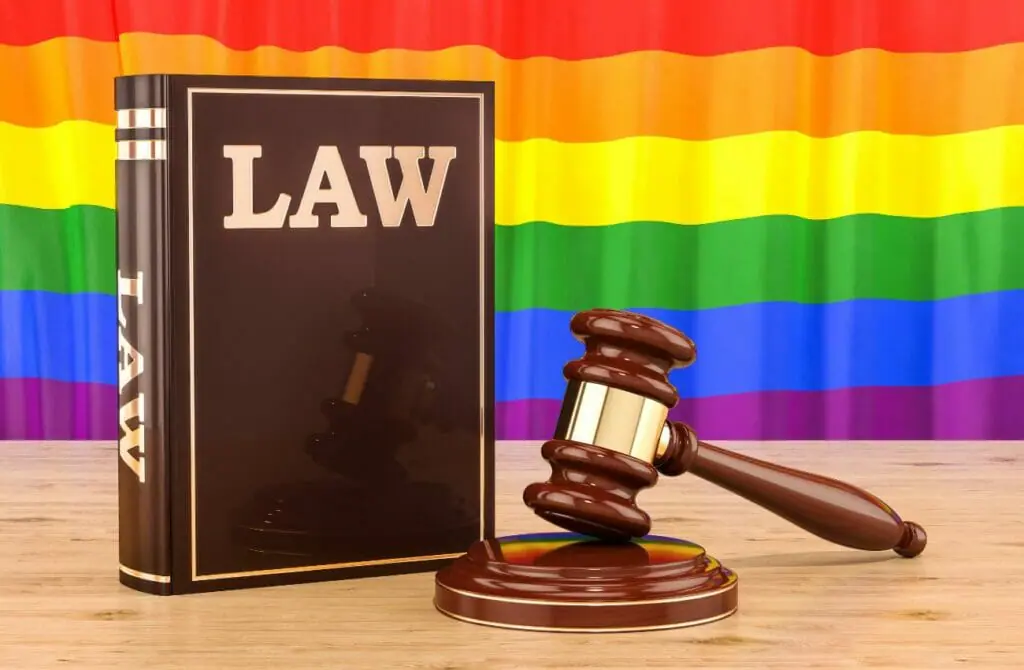
The LGBT Social Situation In Venezuela
Venezuela has never criminalized homosexuality, making it one of the few South American countries with such a stance since its inception as a sovereign state. However, the country’s ongoing economic crisis has led to a noticeable societal resistance to LGBTQ+ rights.
Despite the lack of legal persecution, the day-to-day experiences of LGBTQ+ individuals in Venezuela can be challenging, with locals facing different challenges compared to tourists.
For travelers, it’s essential to remain vigilant while visiting Venezuela. The social attitudes towards LGBTQ+ people may differ significantly depending on the location, and it’s vital to stay informed about current conditions.
Situations can change rapidly, and information can become outdated quickly, so seeking current advice before traveling is crucial. Be cautious, as there might be bad actors in the country who could target LGBTQ+ individuals.
Several LGBTQ+ advocacy groups are working to improve the situation in Venezuela, such as the Inter-American Commission on Human Rights (IACHR). The IACHR has called on the Venezuelan government to implement public policies and legislation to guarantee the rights of LGBTQ+ people in the country.
By aligning with these groups, both locals and tourists can contribute to a more inclusive and accepting environment for all.
In conclusion, the social landscape for LGBTQ+ rights in Venezuela remains complex and variable. By staying informed, cautious, and connected to advocacy groups, both locals and tourists can better navigate this environment and help move the country towards increased acceptance and tolerance for all.
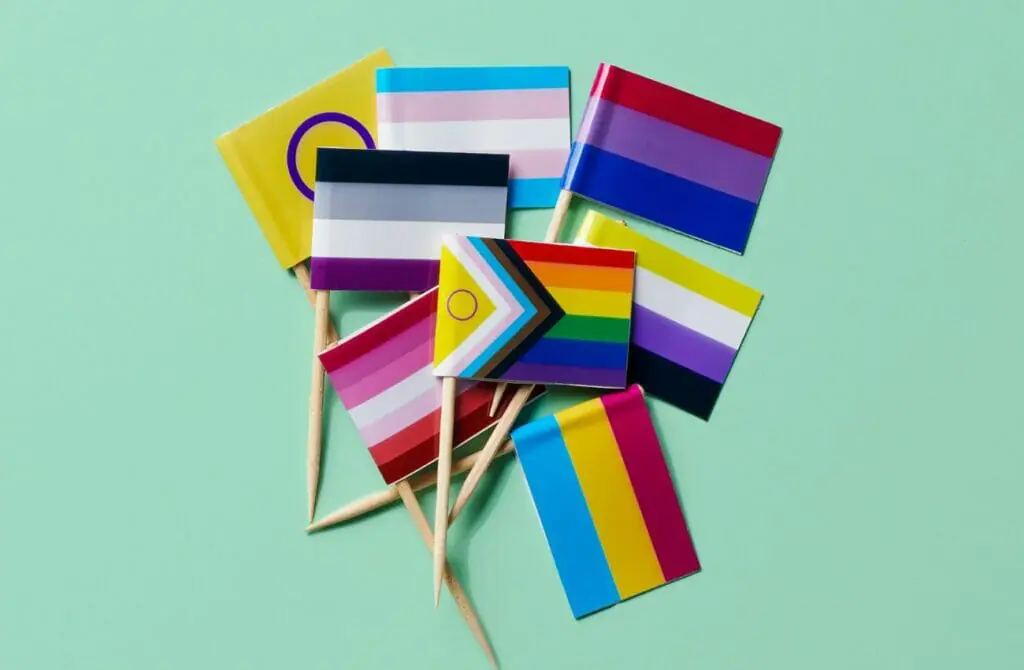
Trans Rights In Venezuela
Venezuela has a complex history concerning trans rights. From 1977 to 1998, the identity of trans people was legally recognized in the country. However, this recognition ended when the constitution was modified in 1998, under Chávez’s presidency. As of now, Venezuela does not recognize the rights of partnership or the identity of trans people.
Despite the absence of legal recognition, the growing tolerance for the LGBTQ+ community in Venezuela has helped empower local people. This cultural shift is what drives exciting changes and encourages conversations about LGBTQ+ rights in the country.
It is essential, however, to remain cautious and vigilant, as situations can change quickly, and there may be individuals with harmful intentions. Always seek current advice before traveling, and stay informed about local developments.
For tourists, there may be different expectations and treatment compared to local LGBTQ+ individuals. It is crucial for visitors to stay aware of cultural nuances and be respectful of local customs. Depending on the region, local reactions and enforcement of the law may differ.
Steps that can be taken to protect yourself include staying connected with local LGBTQ+ communities, seeking advice from advocacy groups, and researching safe venues and areas. Joining online forums and social media groups can also provide valuable firsthand insight and support.
Some of the relevant LGBT advocacy groups in Venezuela include the Inter-American Commission on Human Rights (IACHR), which has called on the Venezuelan state to recognize the rights of LGBTI people and eradicate discrimination.
Staying informed about these organizations and reaching out to them when necessary can provide crucial help and guidance. Remember, situations can change at any time, so it is always best to err on the side of caution and remain vigilant.
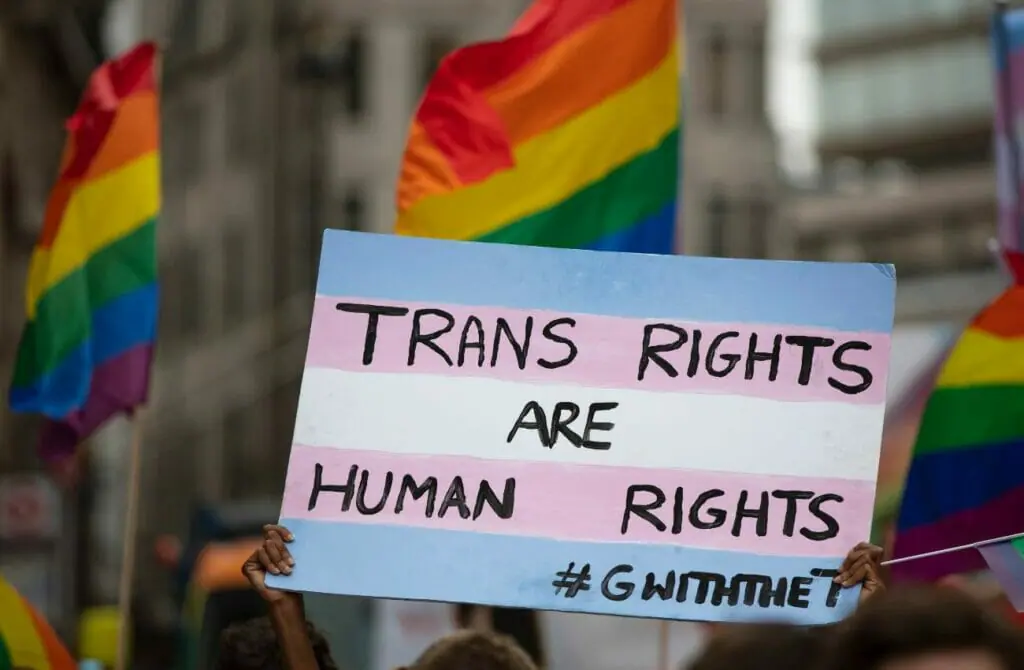

The Future For The Queer Community In Venezuela
Venezuela has experienced a significant humanitarian crisis that has made it challenging to prioritize LGBTQ+ rights issues. However, recent developments show signs of a more inclusive future for the local LGBTQ+ community.
In May 2023, the National Assembly acknowledged the distinct impact of the crisis on the LGBTQ+ community and called for their right to healthcare without discrimination. This acknowledgment seems promising and initiates a step towards a brighter future for LGBTQ+ individuals living in Venezuela.
The situation for tourists may differ from the local people, as tourists are often subject to the same laws and regulations as the locals. However, while homosexuality is legal in Venezuela, it is essential for travelers to be aware of the local customs and culture.
Stay informed about the current situation for LGBTQ+ individuals before traveling and seek reliable advice to ensure a safe and enjoyable trip.
Several steps can be taken to protect oneself while navigating as an LGBTQ+ individual in Venezuela. Remain vigilant and always prioritize safety regardless of the country or context. Stick to well-known establishments and locations, and avoid potentially unsafe situations or environments.
It’s vital to remember that situations can change rapidly, and information may become outdated. Always seek current local advice and stay updated on the latest developments regarding LGBTQ+ rights.
Lastly, connect with local and international LGBT advocacy groups, such as the Inter-American Commission on Human Rights (IACHR), which has called on the Venezuelan state to guarantee the rights of the LGBTI community.
By staying involved with these organizations and supporting their work, individuals can contribute to a more inclusive and hopeful future for Venezuela’s LGBTQ+ community. The journey may be challenging, but the future is promising as we move towards a world that respects and values the rights of everyone, including the LGBTQ+ community.
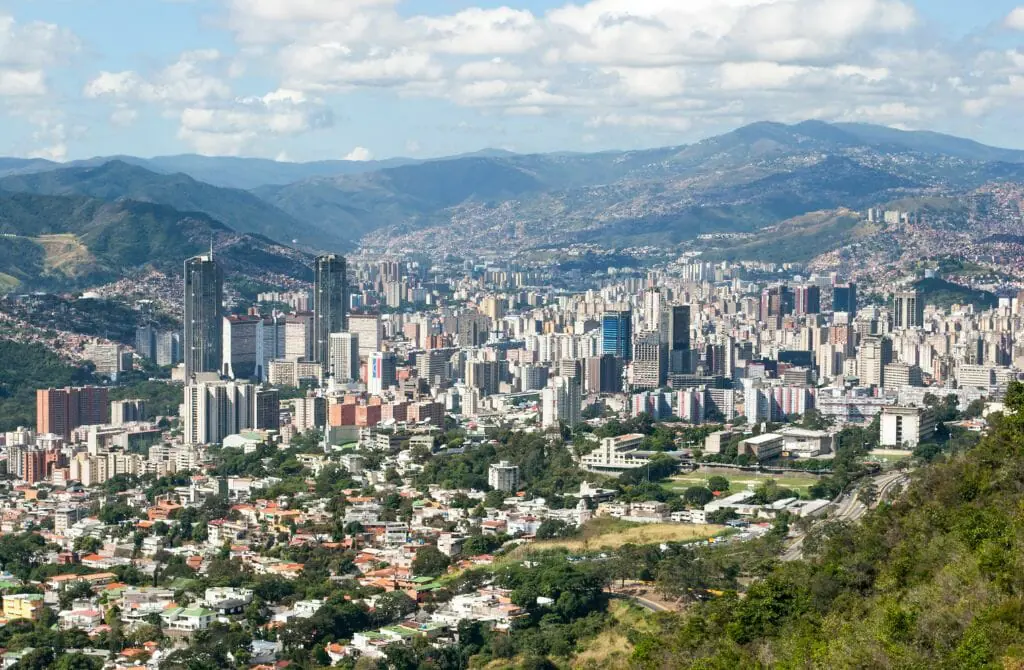
Protect Yourself While Travelling In Gay Venezuela
As an excited traveler exploring Venezuela, it’s important to be aware of the local context regarding LGBT rights to ensure a safe and enjoyable experience.
Although same-sex sexual activity is legal in Venezuela, same-sex couples and households headed by same-sex couples are not eligible for the same legal protections as their opposite-sex counterparts. Additionally, same-sex marriage and de facto unions have been constitutionally banned since 1999.
When visiting Venezuela, you should remain vigilant, as the situation regarding LGBT rights can change rapidly, and information may become outdated. Always be cautious, and make it a priority to seek current advice before traveling.
While most Venezuelans are friendly and welcoming, it’s important to keep in mind that there are always bad actors in every country, so err on the side of caution and ensure your safety.
In order to protect yourself as an LGBT individual, consider connecting with local advocacy groups. Organizations like Venezuela Diversa and Red LGBTI de Venezuela can provide valuable information about your rights and the current political climate.
As a tourist, you may not be subjected to the same challenges that local LGBT individuals face, but it’s crucial to remain informed and respectful of the local context.
By doing this, you can enjoy exploring the exciting and diverse culture of Venezuela while also promoting a safe and inclusive environment for everyone. Remember, situations can change quickly, so always stay informed and prioritize your safety as an LGBT traveler in Venezuela.
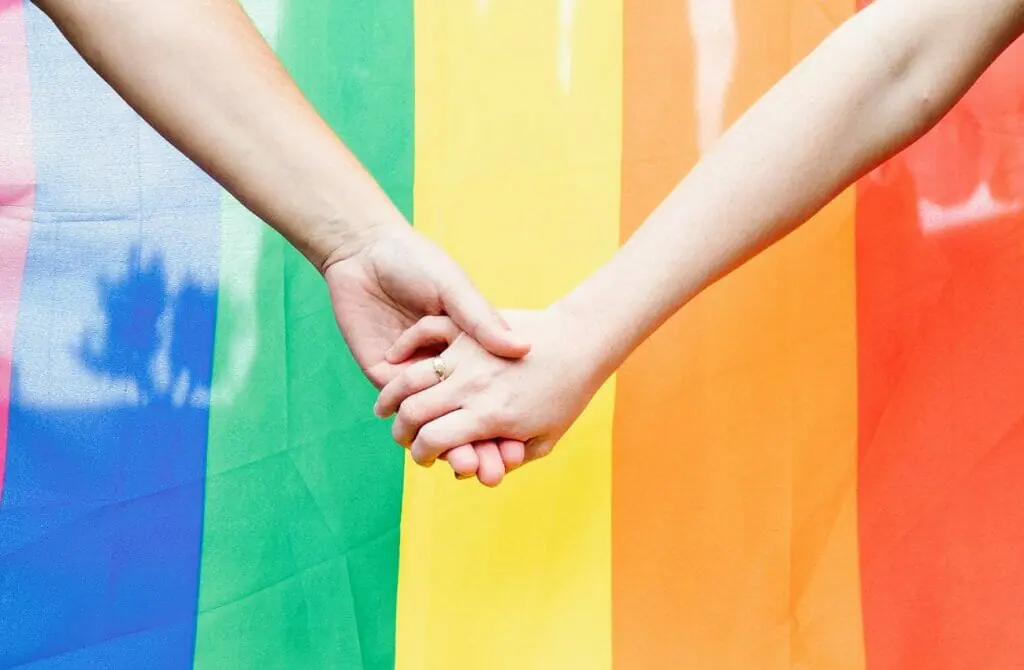

Most Popular Gay Destinations In Venezuela
Welcome, adventurous souls, to the vibrant tapestry that is Venezuela! A land of contrasts, where soaring Andean peaks meet the serene Caribbean coast, and the mysterious Amazon rainforest whispers tales of ancient civilizations.
As we delve into the most popular travel destinations in Venezuela, we’ll journey through a captivating list, presented in alphabetical order, to ensure each city and natural wonder receives its well-deserved spotlight. Within this diverse landscape, there are pockets that have become the best gay destinations in Venezuela, drawing LGBTQ+ travelers with their allure and promise of unforgettable memories.
However, a word to the wise: popularity among the queer community does not always equate to acceptance. While Gay Venezuela is a destination teeming with beauty, culture, and history, it also comes with its challenges.
Travelers, especially from the LGBTQ+ community, should approach each destination with caution and awareness. Just because a city or resort might be frequented by queer tourists, it doesn’t inherently mean it’s gay-friendly in practice.
Always keep a pulse on the local sentiment, be discreet when needed, and most importantly, savor the myriad experiences Venezuela offers while prioritizing your safety and well-being.
Darlings, let me whisk you away to the pulsating heart of Venezuela, the enigmatic Caracas! Amidst the chaos and the rhythm of city life, Caracas emerges as a beacon for the LGBTQ community, where passion meets resistance and the night brims with unapologetic vivacity. While the city’s energy might enthrall you, remember, my fabulous wanderers, to tread with grace and caution, for behind the sparkle and Pride parades, Caracas remains a mosaic of complexities and challenges waiting to be unraveled.


